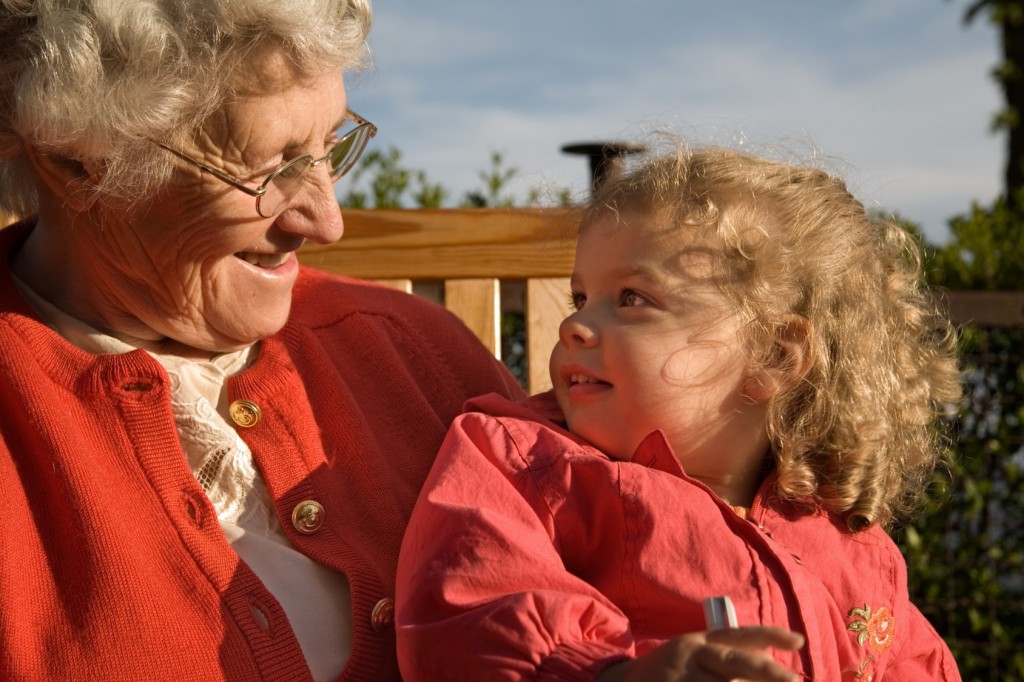
In the realm of caregiving and support, the term "extra caregiver" may not be widely recognized. However, it encapsulates a unique and increasingly essential role within the caregiving landscape. An extra caregiver is a dedicated individual or professional who provides supplementary care and assistance to individuals in need, offering support beyond the primary caregiver. In this article, we will explore the role of an extra caregiver, their responsibilities, and the vital contribution they make to the well-being of those they assist.
Defining the extra caregiver role:
Extra caregivers bring an added layer of support to individuals with complex care requirements. Whether it's managing medical conditions, disabilities, or challenging daily tasks, they collaborate with primary caregivers to ensure all needs are met efficiently and effectively.
Find YOUR ideal care home NOW!
The value of respite care:
One of the most invaluable contributions of an extra caregiver is providing respite to primary caregivers. Caring for a loved one can be emotionally and physically taxing, and the presence of an extra caregiver offers much-needed relief, allowing primary caregivers to recharge and prioritize their own well-being.
Specialized skills and expertise:
With specialized training and expertise, extra caregivers are equipped to handle a wide range of medical and therapeutic needs. From administering medications to assisting with physical therapy exercises, they provide tailored support that enhances the overall quality of care.
The importance of companionship:
Beyond the realm of physical care, extra caregivers offer companionship and emotional support to individuals in their care. Building meaningful connections and alleviating feelings of loneliness or social isolation are integral aspects of their role.
Flexibility and adaptability:
Extra caregivers understand the importance of flexibility in caregiving. They adapt their schedules to meet the needs of individuals and primary caregivers, ensuring that care is available when required without imposing undue burden.
Effective coordination and collaboration:
Effective communication and coordination are fundamental to the success of caregiving teams. Extra caregivers work in harmony with primary caregivers and other healthcare professionals to ensure seamless transitions and comprehensive support for individuals in their care.
Respect and dignity:
Upholding the values of respect and dignity is at the core of the extra caregiver role. They honor the individual's preferences, choices, and autonomy while providing compassionate assistance and support.
Differences Between Primary Caregivers and Extra Caregivers
| Aspect | Primary Caregiver | Extra Caregiver |
|---|---|---|
| Main Role | Provides continuous care and oversees daily needs | Offers additional support to lighten the caregiving load |
| Care Duration | Typically long-term and full-time | Part-time, flexible, or as-needed basis |
| Medical Expertise | May have limited medical training | Often trained in specialized medical or therapeutic care |
| Emotional Well-Being | Provides emotional support but may experience burnout | Provides companionship and relieves primary caregiver stress |
| Coordination & Collaboration | Works closely with healthcare providers and family | Supports primary caregivers and integrates into care teams |
In essence, extra caregivers are indispensable allies in the journey of caregiving, enriching the lives of those they serve and providing essential support to primary caregivers and families. Their dedication, expertise, and compassion contribute to a nurturing environment where individuals can thrive, maintain independence, and experience a higher quality of life. As we celebrate the vital role of caregivers, let us also recognize and appreciate the invaluable contributions of extra caregivers in enhancing the well-being of our loved ones.
FAQ:
1. What is an extra caregiver?
An extra caregiver provides additional support to primary caregivers, assisting with medical care, daily tasks, and companionship while offering respite and flexibility.
2. How do extra caregivers help primary caregivers?
They reduce caregiver burnout by taking on responsibilities such as administering medications, providing emotional support, and managing physical care tasks.
3. Are extra caregivers trained in medical care?
Many extra caregivers have specialized training in medication administration, physical therapy assistance, and managing complex health conditions.
4. How do extra caregivers improve the quality of life for individuals?
They ensure individuals receive personalized care, emotional support, and assistance with daily activities, fostering independence and well-being.
5. When should a family consider hiring an extra caregiver?
Families should consider extra caregivers when primary caregivers need respite, when medical needs become complex, or when additional companionship is required.
We are here to help you choose a care home or facility best suited to your needs. Do not hesitate to contact us on the following number: 0230 608 0055 or fill out this form.
Do you need a care home for yourself or your loved one?
Share this article :
Latest posts
You are looking for an establishment for your loved one ?
Get availability & prices
Fill in this form and receive
all the essential information
We would like to inform you of the existence of the opposition list for telephone canvassing.











